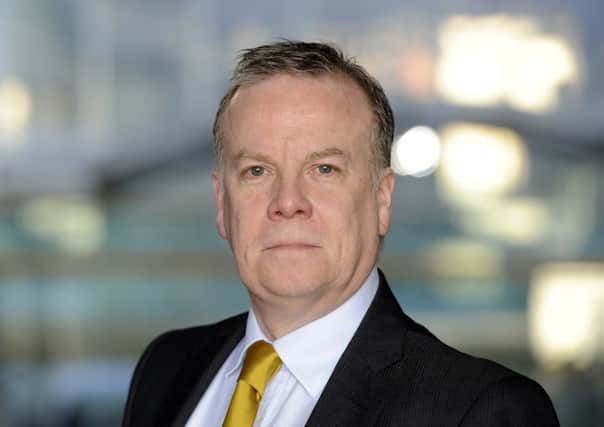Comment: Why MPC still has a job to do


If any previous consensus was achieved by the occasional use of rough persuasion, it is now set in stone as a result of governor Mark Carney’s forward guidance, suggesting little prospect of dissent.
Aside from Martin Weale, who believes an early rise is possible, the committee is fully signed up to the “no-change” strategy until unemployment dips to 7 per cent. Even then there are caveats which would mean looking at other measures, and the governor has made it clear that he does not believe the economy is strong enough to withstand an upward revision in the base rate.
Does that make the MPC irrelevant?
Advertisement
Hide AdAdvertisement
Hide AdThere must surely be those who wonder if it has become an exercise in turning up for the tea and biscuits – and the monthly pay cheque. As the economy strengthens, the MPC’s other big public-facing role – deciding on the level of bond-buying (quantitative easing) – also looks unlikely to change for some time.
So why not just suspend the MPC for 12 months?
There is an argument for doing so, though the committee needs to be kept abreast of developments in the economy. Some events, such as the flooding in south-west England, or the crisis in Crimea, are unpredictable and can have an unexpected impact on economic modelling.
There is also the fact that unemployment has fallen faster than even Carney expected which was key to him wanting other factors, such as productivity, to be brought into the equation. It is probable that as the economy picks up speed the 7 per cent threshold will be breached ahead of schedule and those “other factors” will have to be considered.
Aviva back on top form as Wilson makes his mark
MArk Wilson was brought in to sort out the problems that Aviva had got itself into and, after delivering better than expected operating profits, he seems to be making progress.
The new chief executive joined a boardroom that had been in turmoil and a company that appeared to have lost its way. Yesterday he was not getting carried away with the turnaround from a huge loss to a decent profit but he says he wants to be recognised for doing what he says he will do and he must be happy with results so far.
Investors reacted positively to the annual figures from Britain’s biggest insurer and in particular to its attempts to reduce internal levels of debt which will put no pressure on the dividend or the group’s overall capital position.
All the metrics are heading in the right direction, but Wilson does not want anyone to feel complacent about the improved performance.
He regards cash as king and Aviva’s problem was turning profit into cash. At the same time he is continuing to squeeze out costs. After disposing of unwanted businesses, Wilson will be free to concentrate on growing those that form the core of the company he is trying to create. This will include expansion into new overseas markets, not least to compensate for difficulties in Italy and Spain.
Return of STV divi should rekindle investor appetite
Advertisement
Hide AdAdvertisement
Hide AdSTV’s revival reached something of a milestone yesterday with the reinstatement of a dividend that had been suspended seven years ago when the company was still grappling with being a mini-conglomerate.
Since then it has slimmed down, ditching its ambitions to be in lots of media and focusing instead on its core skills. There has been some lingering criticism about its commitment to original output but recent commissions suggest otherwise. Investors certainly like what they see and are hearing about its output plans and future dividend strategy.
Twitter: @TerryMurden1